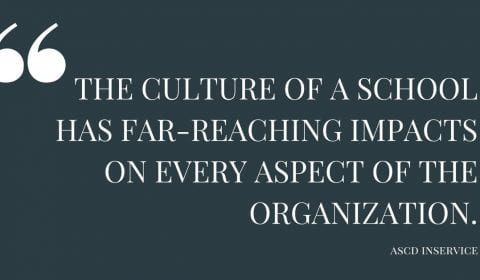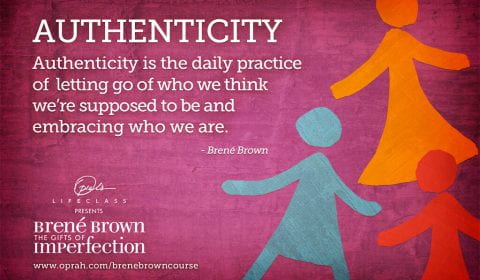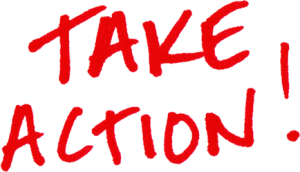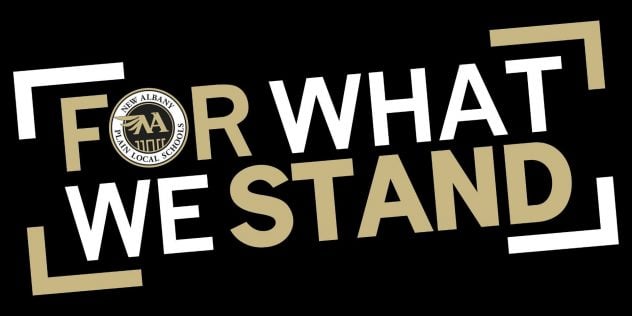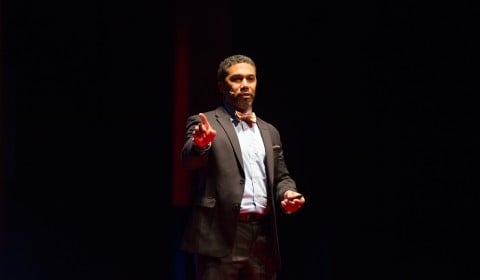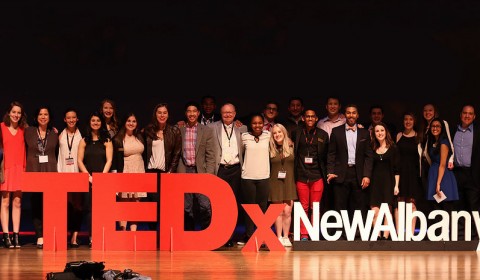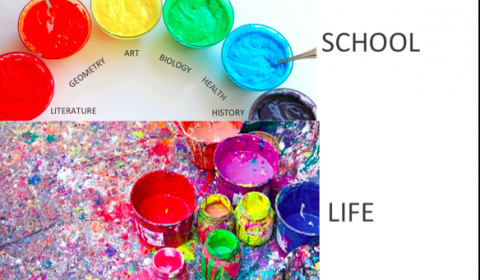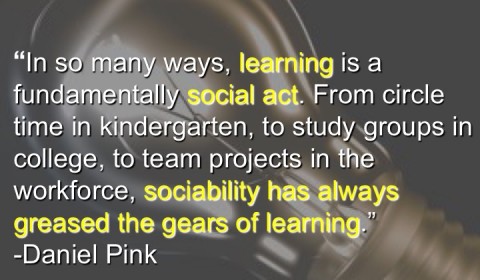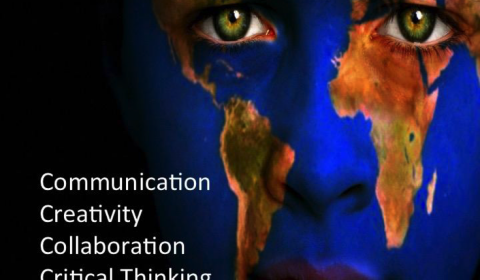
When he entered my office, we greeted each other in our standard and affirming manner, and then he sat down. His reason for coming in was hidden behind a logistical request, which I could discern by his body language and the way he slumped down in the chair in front of me. Through a masked mouth, he asked, “How’s your mental health?” I was shocked by his question but took it as a hook. He wanted to talk about how HE was feeling, so I gladly accepted the bait. I responded to his request by sharing a little bit about my weekend and how I felt at the moment and pivoted to asking about him: “How are you doing? What’s going on?”
He shook and dropped his head while rubbing his forehead with his right hand. He said, “Man, Mr. Carter. I’m struggling…” I turned my chair to make sure I was directly facing him and leaned in to let him know that he has my undivided attention.
He opened up about his life, the real obstacles he’s trying to overcome, and how overwhelmed he’s feeling. The more he talked, the straighter he sat in his chair, and the more animated he became.
He talked about his future goals, and I assured him that we would do whatever it takes to help him get there. We shared a few stories, and I gave him the information he came for. After about 20 minutes, I sent him a class pass, and he went about his day. We were both fulfilled. I took away three reminders from our chance meeting:
Be Accessible– I had a few things I felt that I needed to get done before the first-period bell rang, but it was more important to meet with my student than to tackle my to-do list.
Be Available– I was open to listening to his story and available to provide emotional support and tangible help, at least at the moment. I also let him know I am available to help anytime.
Be Accountable– Earlier in the school year, I noticed this young man seemed to be carrying a heavy burden, so I stopped him in the hall to check on him. He wasn’t in the mood to talk much but assured me he was okay. I let him know that I’d be checking on him from time to time and that he could stop by the office anytime he needed to talk. Well, yesterday he did just that. To be accountable is to deliver on one’s commitment. I made sure I was accessible and available, thus responsible.
We must never lose sight of why we became educators, and for me, it is to positively change lives and impact futures. Be accessible today.
Be Great,
Dwight
